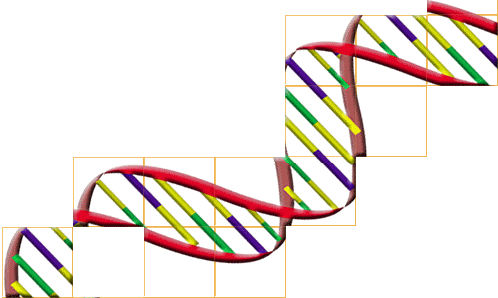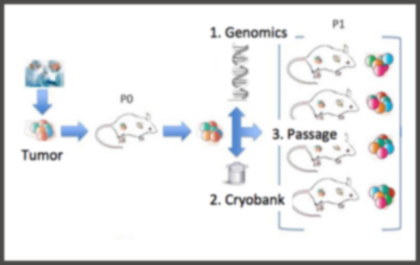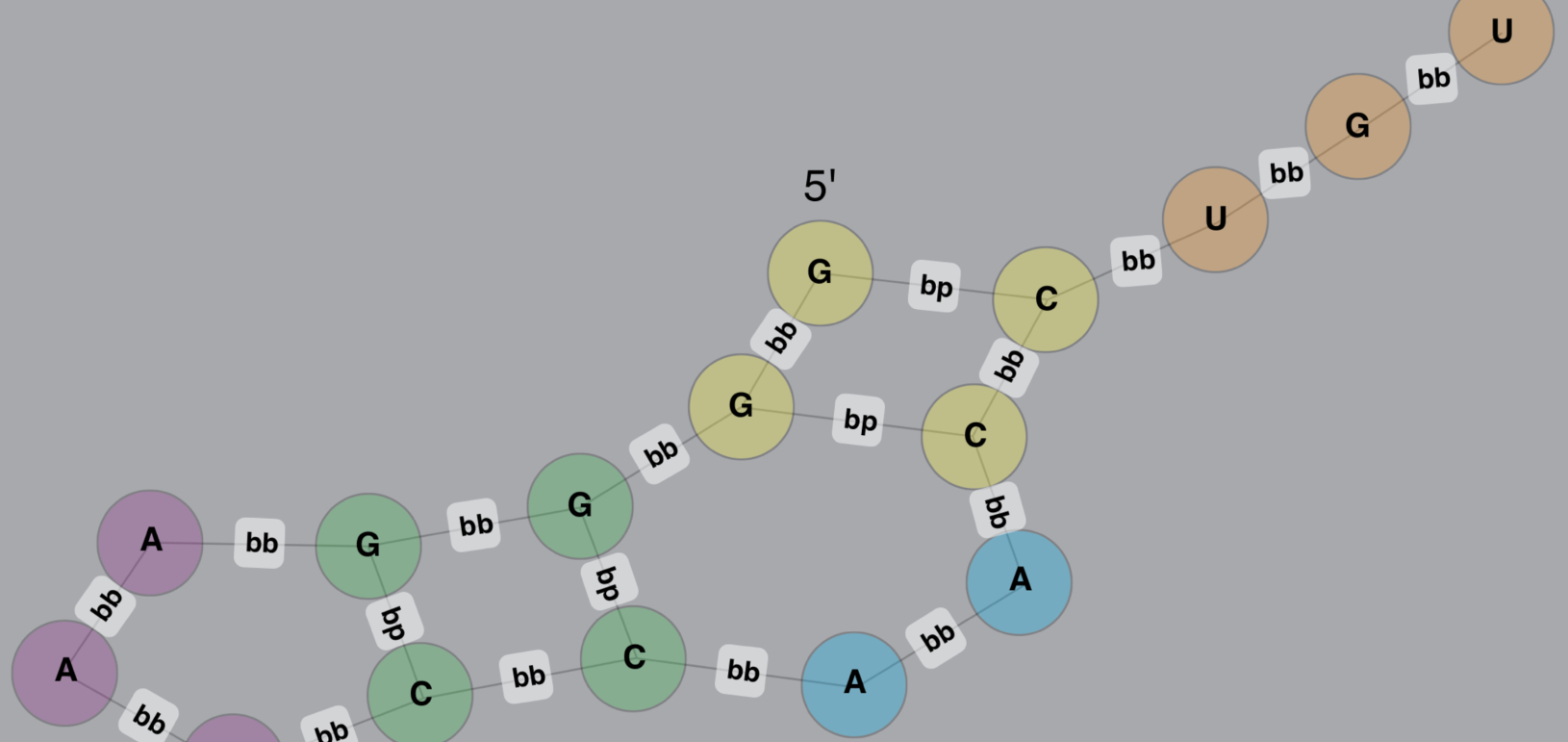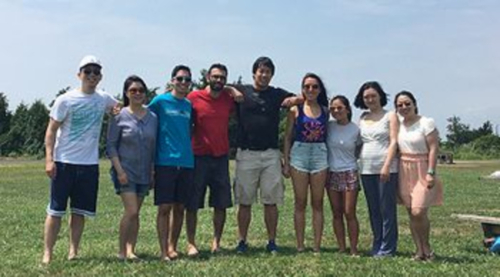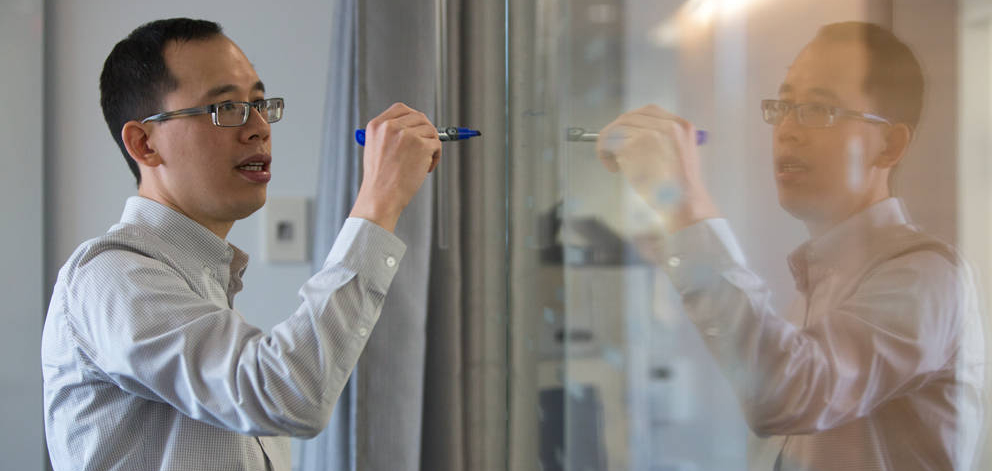Difference between revisions of "Chuang Lab"
| Line 48: | Line 48: | ||
<h2><span class="mw-headline" id="Openings"><span class="fa fa"></span></span> Openings</h2> | <h2><span class="mw-headline" id="Openings"><span class="fa fa"></span></span> Openings</h2> | ||
<p>For more information on openings | <p>For more information on openings | ||
| − | </p> | + | </p><div> |
<btn>Openings</btn> | <btn>Openings</btn> | ||
</div> | </div> | ||
Revision as of 07:38, 25 May 2018
Chuang Lab
Our lab works on problems in the fields of computational biology and bioinformatics. We have studied a wide variety of topics in cancer genomics, gene regulation, and molecular evolution, with particular focuses in post-transcriptional regulation and tumor evolution.
The lab interested in computational and mathematical approaches to analyzing large data sources to understand how genomes function and evolve. We develop and use techniques from a variety of disciplines, including statistical inference, molecular evolution and biophysical modeling. We are currently focused in two major areas: 1) Cancer Evolution and Patient-Derived Xenografts, and 2) RNA-Level Gene Regulation.
People
Lorem ipsum dolor sit amet, consectetur adipiscing elit. In varius, metus nec pharetra fringilla, massa magna consectetur dui, placerat fermentum nisi quam in enim. Cras dictum diam tortor, aliquam malesuada ligula lobortis a.
Chuang Lab Awarded U24 for Data Coordination Center for NCI PDXNet
Together with Seven Bridges Genomics, we have been awarded a National Cancer Institute grant to coordinate data sharing and analysis for the PDXNet. We are working with esteemed collaborators at institutes including MD Anderson, the Huntsman Institute at the University of Utah, Baylor College of Medicine, the Wistar Institute, and Washington University. For this project we will be analyzing hundreds of new and existing PDX samples toward the goal of developing a clinical trial based on patient-derived xenografts.
